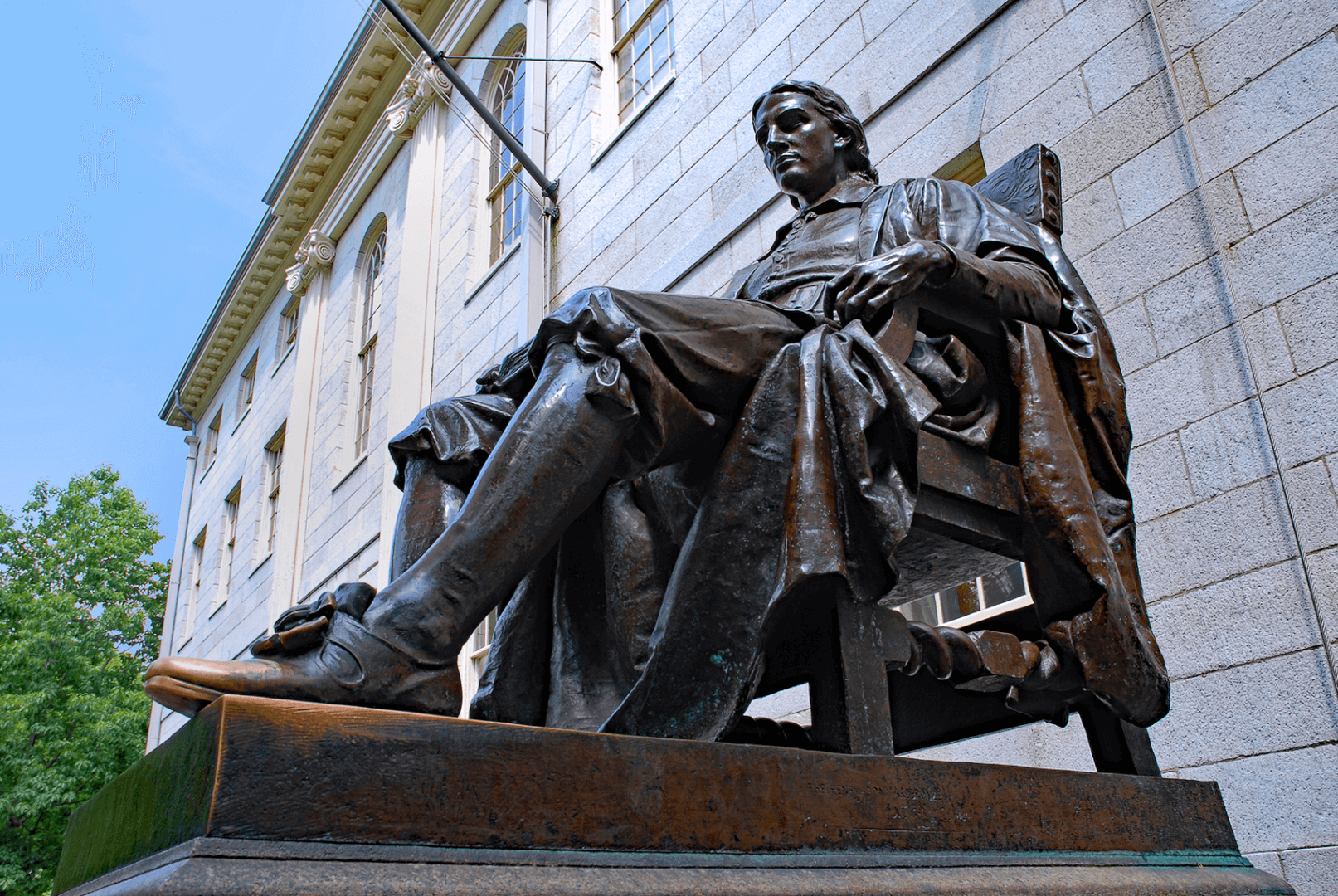Ironic as it may seem, Harvard University was founded in 1636 by Puritan clergymen intent on upholding the higher education of their fellow religious. Their motto was, “Truth for Christ and the Church.” For the first seventy years of its existence, Harvard never had a president who wasn’t a member of the clergy. But now, 385 years later, it’s difficult to see Harvard’s religious origins.
Recently on The Cale Clarke Show, Cale addressed the news that the new chief chaplain at Harvard University is Gregory Epstein, an atheist and the author of the book, Good Without God.
Greg prefers to identify himself as a humanist because he believes that humans do not need God in order to be good, happy, and fulfilled. While Epstein was elected unanimously among the chaplain sees, his appointment underlines the surprising perspective held by so many at Harvard, even those with a traditional religious foundation: that you can be “Good” without God.
As the population of religiously affiliated youth continues to plummet, the number of pure humanists, atheists, and “nones” (those with no religious affiliation) continues to rise. Dishearteningly, those leaving official religion for an alternative spirituality are doing so based on misguided notions about God, personal holiness, and salvation.
Cale prefaced his assessment of this ‘good without God’ philosophy by offering that it is possible to be good on some level without believing in God. There are certainly just and righteous people of all kinds of beliefs who seek to serve their fellow man and improve the world through their example. “Think about Aristotle and his ethics, right? In classical western culture, they didn’t have divine revelation. You know, the Greek philosophers, they were able to figure out a lot of stuff, though. And they were able to figure out that natural virtue was a good goal to search for.” But in the end, the modern humanistic view on being “good” is incomplete. It is a rudimentary version of the good that serves no higher purpose.
Todd Aglialoro, publishing director for the Catholic Answers Press, gave four arguments for why we need God in our lives to be truly virtuous and why it is both easier and more logical to put God at the center of our goodness. His first argument revolved around the question, “How do you know what is good without God?” Without God, moral standards for what is considered good can be based on one of two arbiters: either what society tells us is good or what we personally decide to be good.
The problem with letting society choose is that society is an ever-changing entity. Things that are considered evil one day could be deemed respectable the next and vice versa. According to natural law, there is a stationary difference between good and evil, not a shifting one. If we were to instead appeal to our personal standards, then we would just be living the way that we want to. We’re not sacrificing anything, and we are able to set the bar as low as we deem acceptable.
The second reason God is necessary for a more complete good is that we need an eternal perspective on life, meaning that because of the belief in an afterlife, our decisions and choices to act according to a moral code matter more. Humanists would argue that a detachment from God might ground one to the earthly concerns of everyday life and help people lead more charitable lives. On the contrary, one whose sight is set on eternal life has an infinitely greater reason for living a more virtuous and fulfilled life, because their actions have eternal consequences.
The third reason we need God is that His existence solidifies our reasoning for doing good for others, demonstrating true humanism actually present in theism. Imagine posing the question, “Why should we be good to others?” An atheistic humanist might offer that it’s the right thing to do, or that it’s in one’s self-interest because it will come back to us through karma. But what about when doing the right thing doesn’t fit into the box that society has deemed is right? What if somebody doesn’t “deserve” your goodwill? What if doing the right thing requires that you put yourself in danger or sacrifice something? That reasoning feels significantly weaker in the face of adversity. Belief in every person’s divine value and a purposeful drive to serve God motivates people to go beyond the vague reasonings of a godless gesture.
The fourth reason God is necessary is because of the concepts of sin and grace. Even if you aren’t Christian, you have some idea of wrongdoing, even if you don’t call it “sin”. Nobody is perfect and everybody makes imprudent choices from time to time. Knowing this, what do we do when we are faced with a situation in which we know what the right thing to do is, but we want to do the wrong thing? Without a connection to God and a recognition of this crossroads, what reason is there to make the sacrifice? We can do what we want. But if we have tethered ourselves to God’s will, we have a reason to deny the desire to sin and God will grant us actual grace to fight that battle.
Listen to the full talk below:
4 Reasons Why You Need God to Be Good
Tune in to The Cale Clarke Show weekdays at 5pm CT


